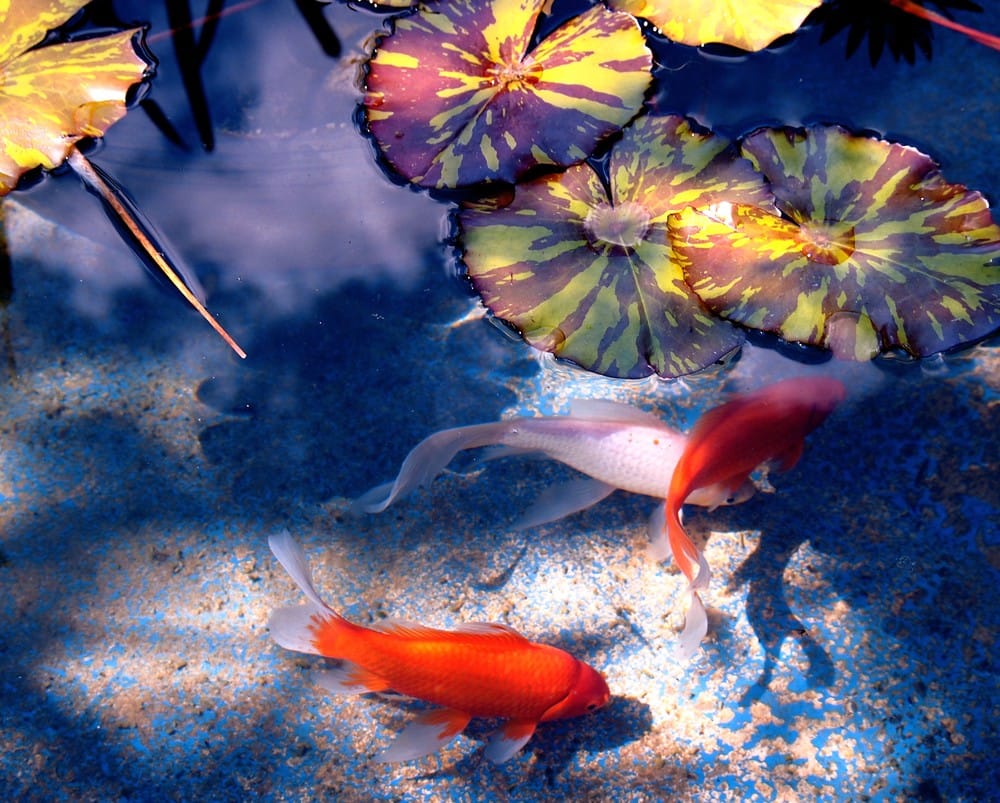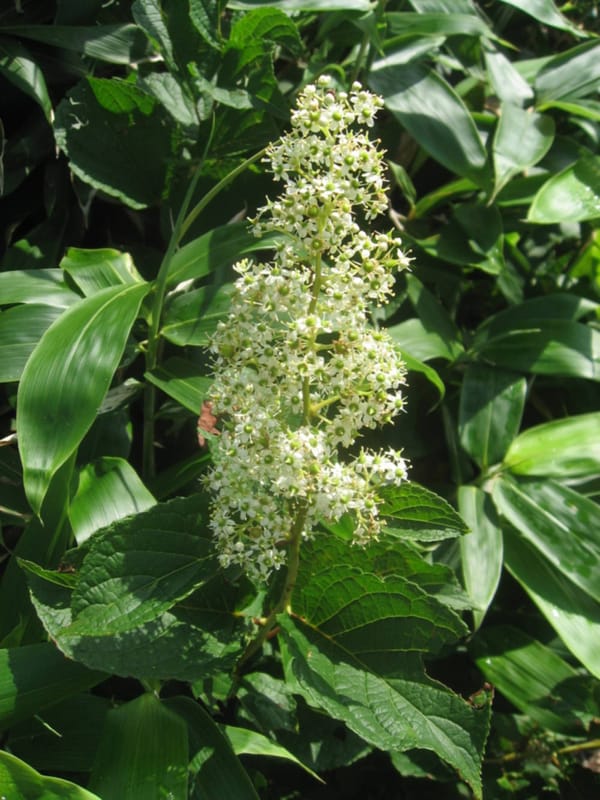The shrinking of the fish
Are fish getting smaller?

It is, by now, almost common knowledge that changes in water temperatures will affect the biodiversity of marine life. Less research has been invested into the topic of how individuals and populations of surviving species will change in response to such developments. A model devised by a collaboration of scientists attempts to answer this question.
The size of a fish is affected by a great range of factors, but mostly its environment’s water temperature, oxygen concentration, and nutrient availability. Changing climates will affect the oxygen concentration in Earth’s water bodies (in part due to the fact that gaseous oxygen is less soluble in water at higher temperatures), which can be expected to have a direct effect on fish populations because oxygen is a key ingredient for body growth.
The scientists modelled the effect of changing oxygen concentrations on different stages of a fish’s life cycle and the consequent changes in their populations. After testing this model by simulating historical changes and finding a strong correlation (P < 0.01) with observed data, they then extrapolated forwards by a few decades to predict what may happen to the global fish populations by 2050, should climate trends continue, using a “high irradiation” model.
The outcome is worrying; on average between more than 600 modelled species, the maximum body masscould decrease by 14-24% – despite water temperatures being predicted to increase by less than 0.05°C per decade. Approximately one half of this effect is due to changes in distribution and abundance (i.e. there are fewer fish, particularly fewer adult ones), the other due to changes in physiology (each fish is smaller). The effect is particularly marked in tropical regions.
The model is, of course, limited by necessary simplifications and assumptions. The scientists attempted to reduce the uncertainty carried over from the used predictions of climate developments over the next yearsby using two different earth system models and finding areas of agreement between the two results.
DOI: 10.1038/nclimate1691





